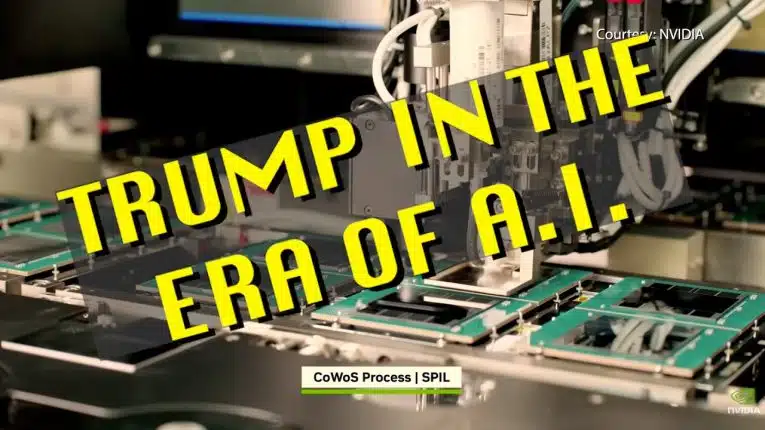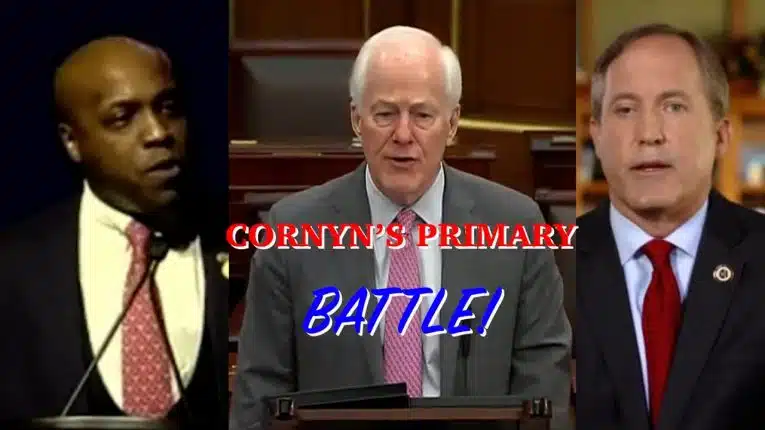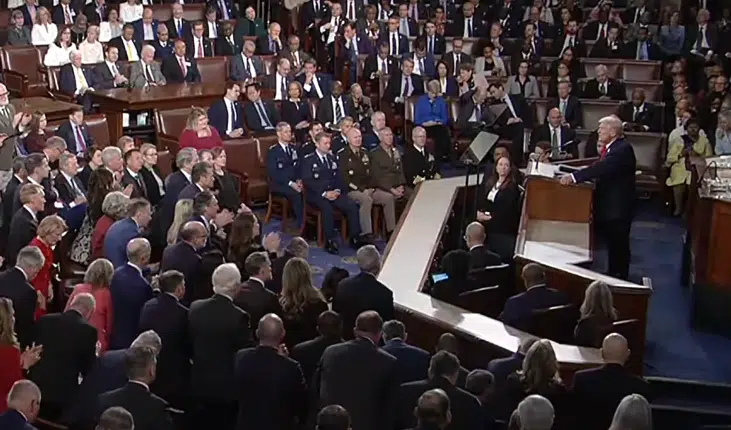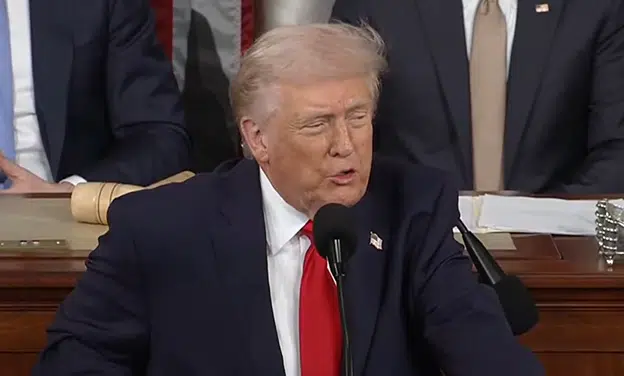By Rick Manning – The Center for American Progress (CAP) has pushed for a lot of loony ideas, but that is what one would expect from a Soros-funded organization tasked with providing intellectual cover for a brain-dead administration.
However, CAP’s latest article, “An increased minimum wage is good public policy even during tough times,” could easily be mistaken for a piece right out of The Onion.
CAP’s theory, in a nutshell, is that forcing employers to pay even more for labor will increase economic consumption and stimulate the economy into a wondrous renaissance that a trillion dollars of stimulus and trillions more in Fed money-infusion policies couldn’t.
The only problem is that they are wrong, and not only wrong but disastrously so for those who are entering the workplace, and anyone paying attention over the past four years should know it.
Congress passed an increase in the minimum wage in May of 2007, raising it from $5.15 an hour to the current $7.25 an hour in three steps.
The first bump in pay did not cause much damage since it occurred rapidly and the economy was operating at pretty close to full employment. But the second installment of the increase, which went into effect in the summer of 2008, was devastating.
The economy was beginning to slow in the spring of 2008, and thousands of employers independently decided that they could not afford to hire as many summer workers at higher costs. The result: the unemployment rate jumped from 4.9 percent to 5.4 percent in May 2008.
As the Public Affairs Chief of Staff for the U.S. Department of Labor, I got the opportunity to sit in the room with the Bureau of Labor Statistics analysts in the half hour before the May 2008 numbers were released, and I listened to them speculate about whether they had a bad sample because they’d never seen anything like the massive increase in the unemployment rate. Unfortunately, the numbers were correct.
Congress, with President Bush’s signature, had raised the cost of labor at exactly the time when employers were trying to figure out how they were going to make ends meet in a slowing economy. By the end of the summer, the unemployment rate had climbed to 6.1 percent, and we haven’t seen an unemployment rate below 6 percent since.
Now, The Onion, err, I mean the Center for American Progress, thinks raising the cost of labor by increasing the minimum wage is a good idea at a time when employers are not hiring at all.
It would be laughable if not for the dire consequences.
The biggest losers from the 2008 minimum wage increase were students looking for summer work. Between April and May of 2008, the number of teens classifying themselves as unemployed increased by more than 300,000, and in the three years since the minimum wage increase, the teen unemployment rate has increased by about two-thirds, from 15.3% to 24%.
That is the real cost of a minimum wage increase — hundreds of thousands of young people left without work and the hope and self-reliance it provides. So while it is tempting to throw the Center for American Progress proposal away as the whimsical musings of the left, the destruction of youth employment opportunities is no laughing matter.
Rick Manning is the Communications Director of Americans for Limited Government and is the former Public Affairs Chief of Staff at the U.S. Department of Labor under Secretary Elaine L. Chao. This column was originally featured at The Daily Caller.






